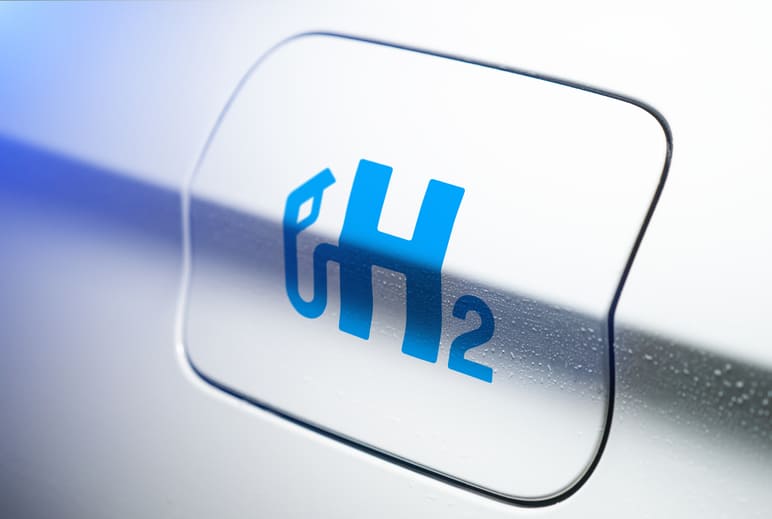
Hydrogen-powered cars: Just another hype or holy grail of eco-friendly motoring?
The future of motoring is going to be diesel and petrol free, at least according to the EU and the UK government. After pledging to make almost all new cars and vans zero emission vehicles by 2040, in February 2020 Boris Johnson unveiled his plan to bring the ban on selling new petrol and diesel cars forward to 2035. As this move towards vehicles that don’t run on fossil fuels accelerates, people turn towards hybrids and electric cars. There is, however, one other option that people seem to forget, despite it being around in its various forms for several hundred years: hydrogen fuel-cell vehicles.
Cars with hydrogen fuel cells burn zero fossil fuels, produce zero pollution or greenhouse gases, run on the same chemical reaction that powers rockets, and get twice as much mileage as a Tesla, which means they pose a credible and effective alternative to electric cars as part of a fossil fuel-free future.
If you haven’t heard of this utopian car yet, you wouldn’t be alone. Only Toyota, Honda and Hyundai already have established production lines for fuel-cell vehicles (FCEVs) and it is rare to see one outside of California, the hub where this technology is slowly but surely developing.
This could be set to change though: the UK Government announced in 2017 a £23 million fund to support the development of cars with hydrogen fuel cells and infrastructure and transport minister John Hayes remarked that “hydrogen fuel cell electric vehicles can play a vital role…to help us cut harmful emissions.” This fund is certainly needed, as currently there are only around 17 hydrogen refueling stations in the UK (most of them in, you guessed it, London) and none in the USA outside of California.
There are clearly some teething problems, but if FCEVs follow the same pathway as electric vehicles, it is important to ask what are these hydrogen-powered cars, just how good are they really, and what are the best hydrogen cars on the market?
How do hydrogen cars work?
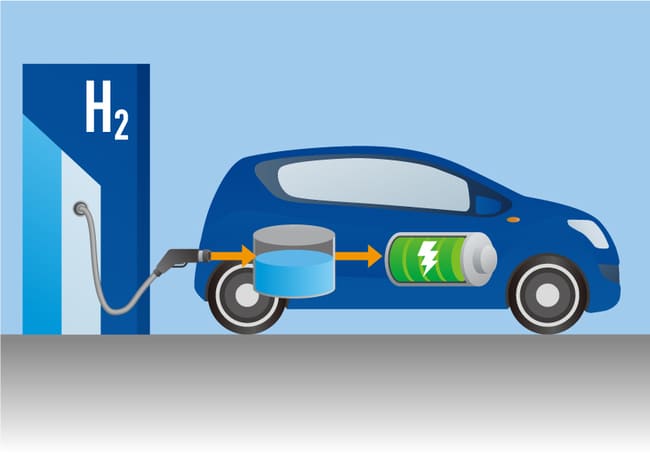
Despite the fact that they run on a gaseous fuel, hydrogen cars are technically also electric cars; they are powered by an electric engine rather than a petrol or diesel one. Hydrogen is stored in a tank, which is connected to the fuel cell. The hydrogen enters the fuel cell and mixes with oxygen contained in the ambient air. The hydrogen and oxygen react and combine to produce electrical energy and harmless water vapor, which is then expelled as a byproduct.
There are no moving parts in the fuel-cell, just a chemical reaction which creates the electricity to power the engine. The battery where the electricity is stored, known as a Peak Power Battery, is significantly smaller and therefore lighter than the battery of a standard EV, as it’s being constantly recharged by the fuel cell, as well as through regenerative braking in some models, a process in which the electric motor converts the car’s kinetic energy back into electrical energy and feeds it into the back-up battery.
Hydrogen tanks are refuelled in a way that is almost the same as petrol and diesel; hydrogen gas is pumped into the tank just as you would pump petrol in. For such a possibly world-changing vehicle, the whole system is astoundingly simple.
The Advantages of Hydrogen Cars
The Disadvantages of Hydrogen Cars
5 Best Hydrogen Cars
Toyota Mirai
Toyota clearly has big plans with the Mirai, as it means ‘the future’ in Japanese. Its sleek and stylish look compliments its excellent handling, but it is pricey and rare: starting at £65,000 before the Government’s £3,500 ultra-low emission grant, only 15 will be released in the UK in 2020.
Honda Clarity
With Clarity of course referring to the lack of emissions coming from Honda’s first fuel-cell vehicle, this isn’t the only thing it has going for it. The Clarity offers an appealingly brisk performance, premium-quality engineering, and offers a great range and comfort. Sadly, it can’t even be leased yet in the UK.
Hyundai Nexo
Following on from the Hyundai ix35 FCEV, the Nexo offers a great guaranteed range of 414 miles, with even more possible thanks to regenerative braking. The South Korean manufacturer claims it can even purify the air around it – and for a huge £68,000 you’d expect that as a minimum.
Mercedes-Benz GLC F-Cell
The GLC F-Cell is Mercedes’ first attempt at an FCEV and it looks promising so far. The tank has the capacity for 4.4kg of hydrogen giving it a 478km range and a powerful 155kWh output. Most importantly, 90% less platinum has been used, potentially making it very affordable.
BMW hydrogen X5
Planned to enter production in 2022, the X5 will have 368bhp total output, a total of 6kg hydrogen in the twin H-tanks, and regenerative braking to help support the battery. Refueling is said to take between three to four minutes and this could be a very strong offering for the future.
- @user_32221413.02.2023 16:11Member
Has a Stirling Engine been considered instead of a fuel cell? This would provide the necessary power to the battery, would not need an costly heavy metals and thus be significantly cheaper to produce. You would have all the same benefits as listed above.

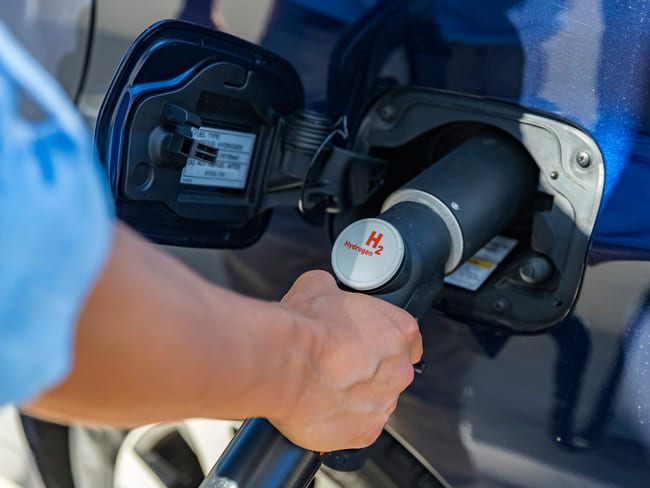









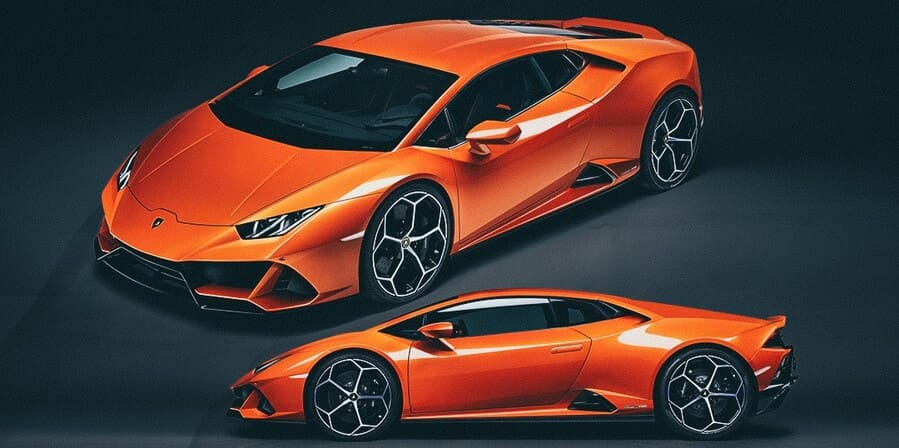
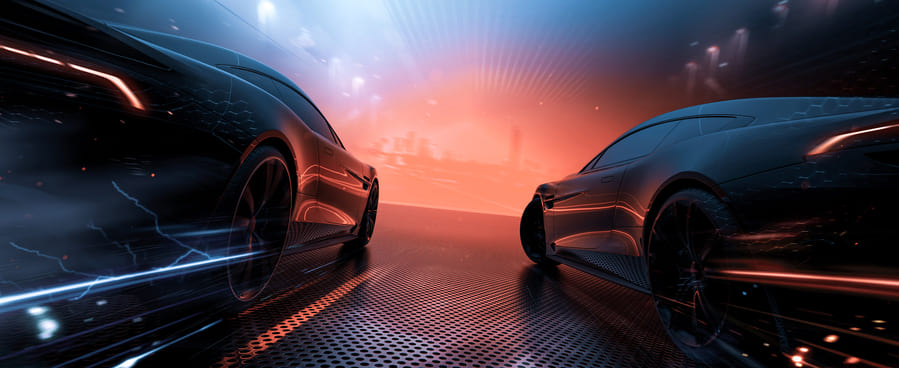
Comments – 1